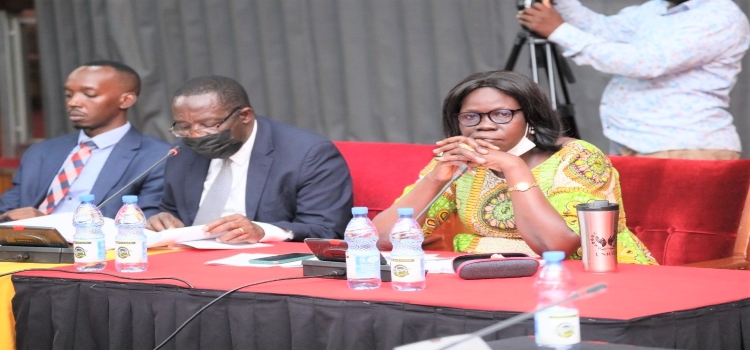Tax consultants have cautioned Parliament on the negative implications on the proposed rental income tax amendments for the Financial Year 2022/23.
The advisory was given by Joseph Okuja from Libra Advocates and Consultants at a meeting with Committee of Finance to elaborate the proposed income tax amendments proposed by government in the proposed budget on Thursday, 05 May 2022 at Parliament.
Okuja told the MPs that the proposed increment in the rental income tax is segregating individuals from companies putting it at 12 per cent up from 7.5 per cent for individuals and at 15 per cent after deducting expenses against the rental income for companies.
He said that the proposal undermines the current structure of income tax which is aimed at being progressive. This, he held, means that the more an individual earns the more they pay.
“In this amendment, rental tax for individuals is regressive setting the same percentage for all rental earners regardless of the amounts they make,” Okuja stated.
Okuja said that the amendment does away with a threshold on the rental income tax, putting small and big landlords at the same level of taxation.
“Before, the law exempted those earning less than Shs2.8 million annually before last year from rent which established the aforementioned figure as the threshold for rental income tax,” he added.
Okuja noted that the tax also serves unfairly to the companies that are landlords leveling a higher tax on them because it disregards the fact that the owners or directors of the companies are individuals who are to meet the expense eventually.
He also pointed out that the law creates a loophole of tax avoidance for partnerships and trustees who own rental property by not catering for them.
“If I co-own a property with someone else that is rented out, we neither fall under the category of an individual nor a company and therefore, we do not have to pay rental tax,” he added.
Hon. Basil Bataringaya (NRM, Kashari North County) asked the consultants for their view on the best course of action in considering the amendment.
“How best should we approach the amendment to see that the country still makes revenue from rental income tax while encouraging individuals to continue to invest in housing and commercial buildings to solve the housing problem?,” he asked.
Okuja responded that the law should be equitable and progressive charging the same rate to all groups invested and dependent on their earnings.








